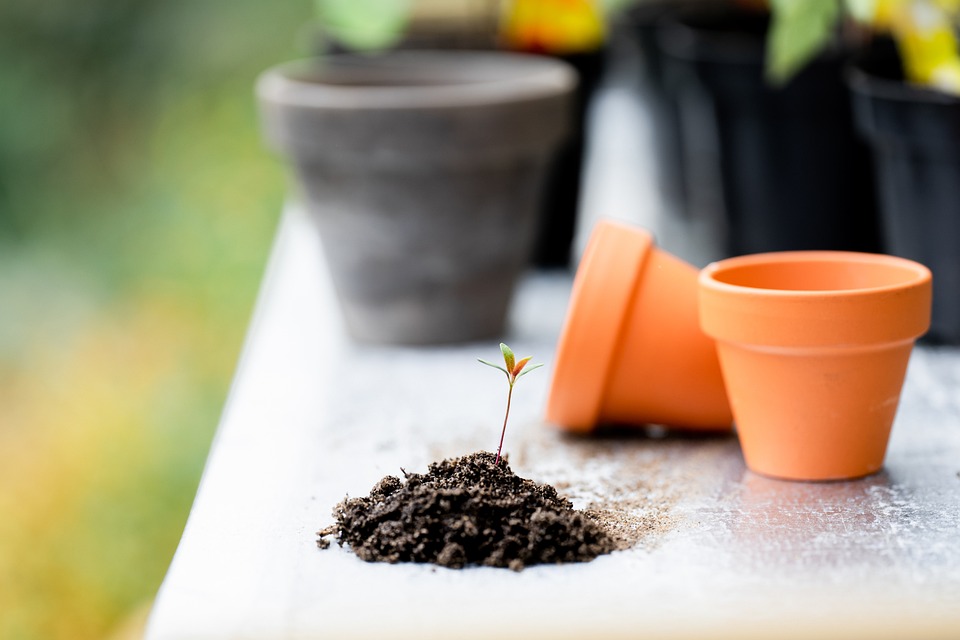Introduction
Having healthy soil is crucial for successful gardening and agriculture. It provides the foundation for plants to grow and thrive.
The Role of Soil in Plant Growth
Soil is not merely a medium for plants to anchor their roots; it serves as a source of essential nutrients, water, and oxygen.
The Components of Healthy Soil
Healthy soil is composed of a mixture of minerals, organic matter, water, air, and living organisms.
Testing and Amending Soil
Before implementing any soil care practices, it is essential to test your soil’s pH, nutrient levels, and composition.
Maintaining Moisture and Drainage
Maintaining appropriate moisture levels in the soil is crucial for plant growth.
Protecting Soil from Erosion and Compaction
Soil erosion and compaction reduce soil fertility and inhibit plant growth.
Encouraging Beneficial Soil Organisms
Beneficial soil organisms, such as earthworms, mycorrhizal fungi, and beneficial bacteria, enhance soil fertility and nutrient availability.
FAQs Section
Q: When should I test my soil?
A: It is recommended to test your soil before starting a new gardening season or whenever you notice poor plant growth and suspect soil deficiencies.
Q: How can I improve sandy soil?
A: Sandy soil lacks fertility and moisture-retaining capacity. Improving it can be achieved by adding organic matter such as compost or well-rotted manure to increase nutrient levels and water-holding capacity.
Q: What can I do to deal with clayey soil?
A: Clayey soil tends to be heavy and poorly drained. Enhance the soil structure by incorporating organic matter like compost or well-decomposed leaves. This will improve drainage and increase nutrient availability.
Q: Are chemical fertilizers harmful to soil health?
A: Over-reliance on chemical fertilizers can disrupt soil ecosystems, deplete organic matter, and result in nutrient imbalances.
Q: How often should I water my plants?
A: Watering frequency depends on various factors, including plant type, weather conditions, and soil moisture levels.




